Sessions / Zoom 5

Remote Peer Reviewing - Efficacy and Challenges #786
Unlike previous semesters, first year students had to build a rapport remotely in an online reading and writing class due to the spread of COVID-19, after which they peer reviewed their book reports using Google Docs. In this presentation, the presenter shares the findings of a qualitative research which explored the first-year students' perceptions of readiness, efficacy and challenges of participating in peer review activities with classmates whom they met only online.


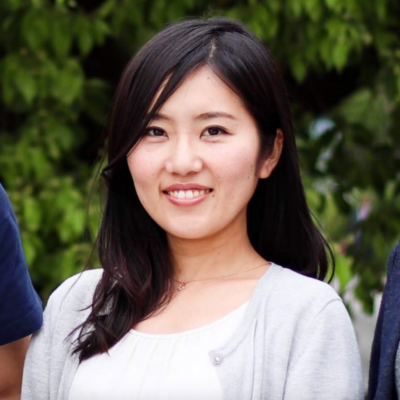

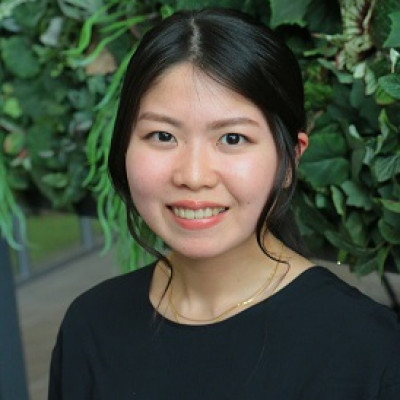




TLC from LD: Transformational Learning Communities #267
In this forum, a range of interactive presentations will critically explore the theme of transformative learning communities (TLCs), based on theories of transformative learning where learners reach fundamental shifts in their worldviews and actions through reflection. Presenters will focus on distinct groups of learners (high school students, university students, teachers, teacher trainees, and practitioner-researchers), with forum participants invited to discuss and later share their reflections about TLCs in Learning Learning, the Learner Development SIG's newsletter.
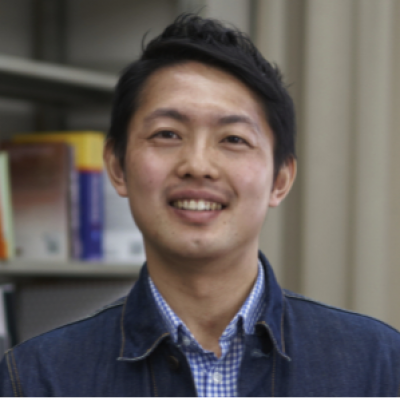
Learner Development SIG Annual General Meeting #833
This is going to be the AGM of Learner Development SIG in 2020. At the AGM, we will look through the 2020 Learner Development SIG Committee Review, and treasurer’s report for 2019-2020 and draft budget for 2021. Also, we will discuss and plan our SIG activities for 2021.
LD SIG Social #898
Join the annual conference Learner Development SIG get together!

A Paired-Skill Approach to CBI #549
Promotional Visit the Tryalogue Education pageContent-based instruction has gained popularity in the last few decades as a way to prepare students for English academic environments while building their communication skills. A paired-skill approach to this type of material builds both input and output skills, ensuring that students’ language development is well balanced. In this session, we’ll explore the benefits and challenges of content-based instruction and how to help students build up their language skills step-by-step.

Vulnerability and Positivity for Deeper Learning #461
This presentation reasons that collaboratively creating a classroom culture focused on personal authenticity and well-being should be the highest pedagogical priority. It then interactively introduces self-disclosure, team-building, and positive education activities that can be implemented in the classroom to foster openness, vulnerability, and curiosity, while in the pursuit of educational and personal well-being. The pedagogical efficacy of these activities is supported by students’ own accounts of their learning experiences.
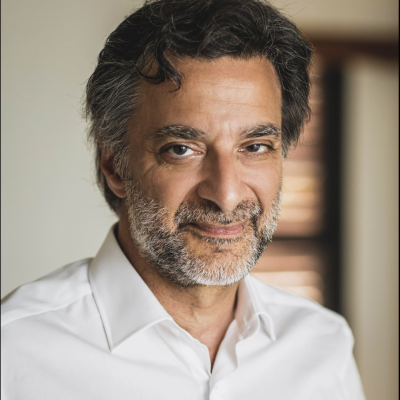
Community via Authentic Content Language Immersion #394
Promotional Visit the mangoSTEEMS pageIf Teacher/Learner communication is to go beyond top-down instruction and evolve into an engaging, interactive exchange building language competence, a common ground of current subject matter to stimulate language use must be established. Utilising authentic video from the worlds of entertainment, news and factual programming, Lingua Attack provides this common ground, thus creating a true community of interest and relevance between teachers and learners ideal for flipped classroom teaching and similar pedagogical approaches.

The Great Myth of Effective Team Teaching #490
Some teachers interpret effective team teaching between JTEs and ALTs as equal input. However, this ideology is different from reality and deeply flawed. Part one of this workshop explains the causes of the common input imbalance and why an equal input is impractical. Part two explores how understanding and respect for the differences are crucial to effective team teaching. Practical ideas on how the two teachers can complement each other inside and outside of class are introduced.

Four Steps to Realize an English Presentation #460
Twelve university students made an English presentation to introduce various puppet theaters around the world at an international conference. In order to realize this English presentation, the teacher employed Task-Based Language Teaching (TBLT) and introduced four steps for the students. This presentation reviews the process of these four steps and examines the changes in the students’ attitudes, behaviors and awareness.

Student-Led Research in the University Classroom #721
This presentation will focus on a novel approach to English for Academic Purposes (EAP) in the university classroom setting by having students produce and present original research. This module details an effective approach to introducing original research to ESL students from both a qualitative and quantitative approach by utilizing questionnaires. The goal of the semester-long module is to familiarize students with the central concepts of questionnaire research, academic research papers, and academic presentation skills.

Establishing EMI Programs in Japanese Universities #712
This presentation discusses the creation of new English as a medium of instruction (EMI) programs in Japan’s universities. Challenges arise from different levels of student language ability. One approach is to create different levels of EMI class, set according to English language ability. Another is to introduce a student assistant (SA) scheme in which English-speaking students are assigned to help other students. Team teaching with content and language teachers is another method to be discussed.
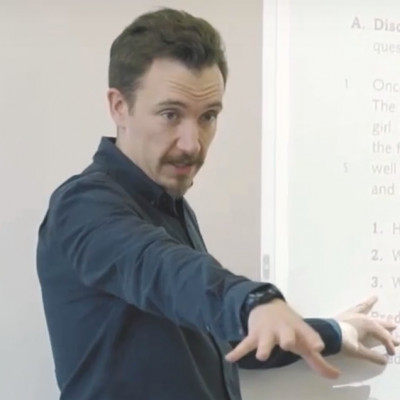
A Needs-Based University Media Literacy Course #480
Due to the lack of empirical data arguing the effectiveness of information and communication technology (ICT) and media literacy education at Japanese secondary schools, there is a need to build these essential skills at university. This presentation begins by discussing the current state of ICT and media literacy education in Japan. It then outlines a media literacy course designed at a small private university in Japan based on a needs analysis survey.


Challenges Facing Teachers of EMI Seminars #731
With the ever increasing internationalisation of Japanese universities, more foreign instructors are being entrusted with teaching seminars (the “zemi”). These teachers often find themselves in social, pastoral, and mentoring roles that go beyond their usual academic duties. This paper reports the findings of a qualitative interview study of such teachers and aims to provide insights and support for those who have recently begun teaching zemi classes.
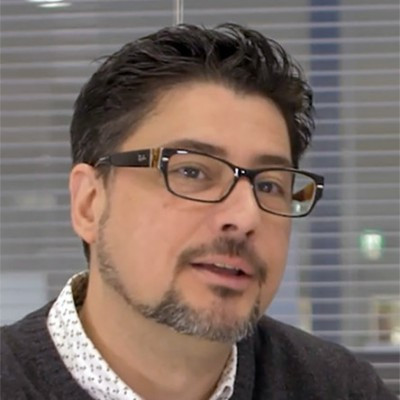
TBLT Online Using Moodle and Zoom #550
This paper presents insights gained through the online implementation of two task-based courses taught in spring 2020. One course was on genre reading (detective fiction) and the other on workplace communication. Both represent a “strong” approach to TBLT and assessment. The courses were delivered synchronously via Zoom and asynchronously using Moodle. In each case a high number of platform-related successes and some limitations were identified. Suggestions for developing future online TBLT courses will be provided.

Effects of Task Repetition in Presentation Skills #613
The presenter will show how the EFL learners’ oral performances were affected by task repetition. Sixty college students were divided into two groups of 30. One group repeated the same task in which they were required to perform the presentations on the same topic. The other group repeated the same task but they were required to give the presentations on a different topic. The presenter will show the results and discuss the pedagogical implications.
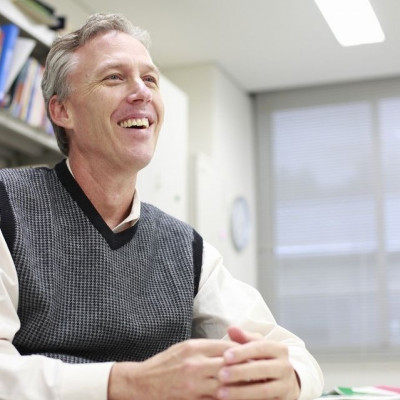
Integrating TBLT and Applied Linguistics Content #694
Teaching SLA theory to preservice language teachers at the university level is a struggle due to a lack of appropriate materials for limited proficiency students. The speaker will share his experience crafting task-based language learning (TBLT) materials for an applied linguistics curriculum for preservice university students in Japan. Level-appropriate content and associated task-based activities that integrate pedagogical theory, classroom practice, and linguistic fluency will be introduced.

A Universal Rubric for Task Outcome Assessment #363
This workshop introduces a universal assessment rubric for teachers to easily grade speaking, writing, or mixed-skills task performance in the classroom. The tool conforms to TBLT assessment principles, has high validity and inter-rater reliability, and allows for instructional feedback. It is compatible with all language descriptor systems, and can be applied to a wide range of communicative tasks at any level. Participants will receive a copy of the tool and practical training in its use.

Developing Language Skills Through Movie Making #692
Japanese EFL learners face challenges in speaking fluent and accurate English due to various cognitive, linguistic and affective factors. This paper reports on an investigation of how language skills could be further developed through a movie-making project in English.
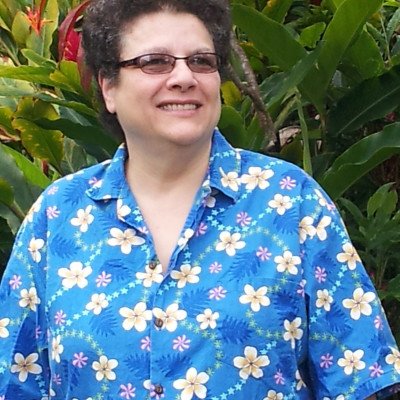
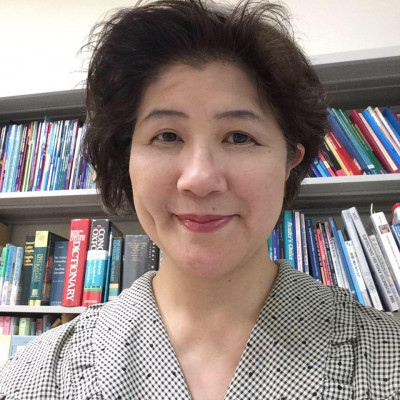
Yo, You Can't Google This!—Is PBL Right for You? #475
Hirosaki University subsidizes international project-based learning (PBL). Since 2017, we've accompanied four PBL groups to Hawaii Island. Providing unique, experiential, domestic and international content has proven less challenging than selecting balanced, mindful groups. Who do we choose? How do we get a generation with information at their fingertips to put their minds and bodies into live projects? We'll share our process and invite participants to brainstorm improvements to better serve future cohorts.

Communicative Grammar Instruction Through GCR Task #445
This workshop will highlight the effectiveness of grammar consciousness-raising (GCR) tasks in English lessons in Japanese high schools. The presenter will explain effective integration of grammar instruction and communication activities through GCR tasks. This technique enabled learners to use grammatical items in actual communication. Additionally, it helped them gain confidence in grammar knowledge and actual use in communication simultaneously. Materials and students’ feedback will be shared, and participants will explore how to teach grammar communicatively.

Learners Discussing Errors in Their Oral Output #711
This study had learners revise transcripts of their oral production for linguistic accuracy, and compare their revisions to those made by the teacher. Investigated were the effects on learning of revised forms of (a) self-noticing and revision, and (b) extent of learner discussion of a revision. Only very modest, albeit statistically significant, effects of the above on learning outcomes were found; raising doubts whether this technique justifies the time and effort required for its use.


Beyond Four Skills: Planning Based on Four Strands #662
Many language-program curricula are organized according to the four skills. However, Nation’s (2013) four-strands model (fluency practice, meaning-focused input, meaning-focused output, language-focused learning) offers a different, more comprehensive approach. This presentation introduces a project which applied J.D. Brown’s curriculum design process, using Nation’s four strands as the underlying principle. The presenters discuss integrating CLIL, EAP, extensive reading, and other aspects under the four-strands principle, with particular attention on a stand-alone class for fluency development.